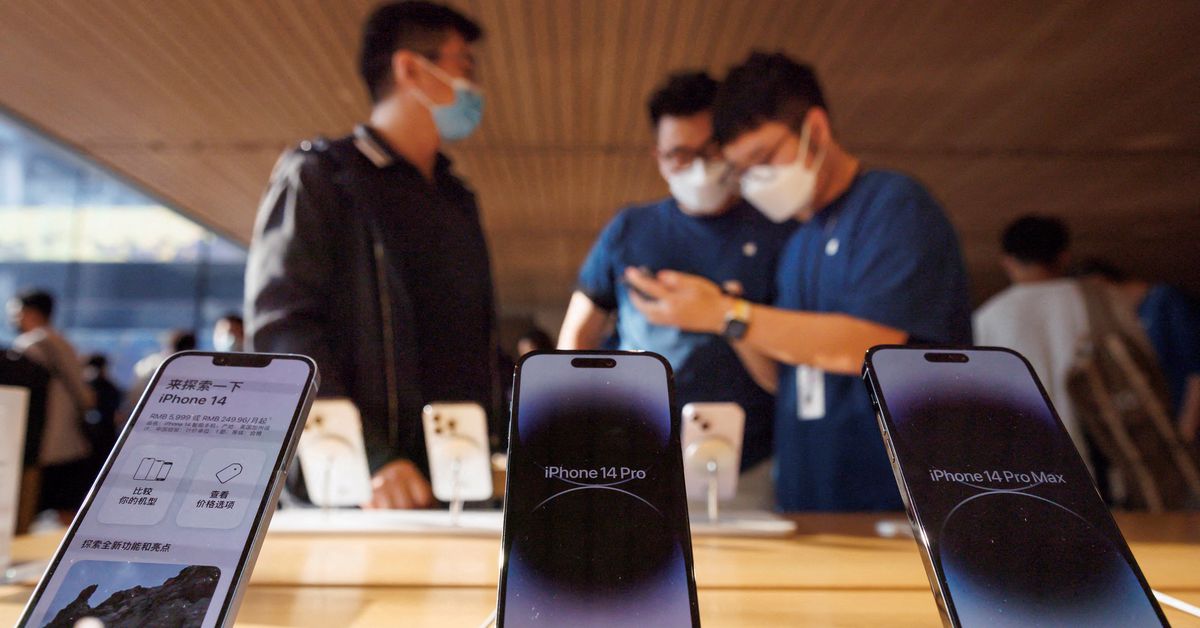cross-posted from [email protected]
- Beijing has imposed restrictions on iPhone use among its government staff, causing Apple’s stock to drop by more than 3%.
- The move exacerbates already high tensions between the U.S. and China, affecting U.S. tech companies with significant exposure to the Chinese market.
- U.S. lawmakers from both major parties express national security concerns and urge a tougher stance against Beijing.
- Apple suppliers like Qualcomm and Broadcom also experience stock declines, leading losses among major tech firms.
- The restrictions indicate that even companies with good relations with China are not immune to geopolitical tensions.
- Despite U.S. sanctions on Huawei, Apple faces competitive pressure in China, where it earns nearly a fifth of its revenue.



🤖 I’m a bot that provides automatic summaries for articles:
Click here to see the summary
Sept 7 (Reuters) - Beijing’s widening curbs on iPhone use by government staff raised concerns among U.S. lawmakers on Thursday and fanned fears that American tech companies heavily exposed to China could take a hit from rising tensions between the countries.
Several Wall Street analysts said the curbs show that even a company with a good relationship with the Chinese government and a large presence in the world’s second-largest economy was not immune to rising tensions between the two nations.
Lawmakers of both major U.S. parties have been vocal in their concerns about national security risks allegedly created by China’s products, pressuring the Biden administration to get even more aggressive with Beijing.
“This is textbook Chinese Communist Party behavior - promote PRC (People’s Republic of China) national champions in telecommunications, and slowly squeeze Western companies’ market access,” Gallagher, a Republican, told Reuters.
China’s Huawei last week launched its new Mate 60 Pro smartphone, which is powered by an advanced chip made by Chinese contract chipmaker SMIC (0981.HK) and marks a breakthrough for the duo hit by U.S. sanctions.
Those sanctions cut Huawei’s access to chipmaking tools essential for producing the most advanced handset models, hammering the company’s business and allowing Apple to take some market share from the national favorite in China.
Saved 67% of original text.